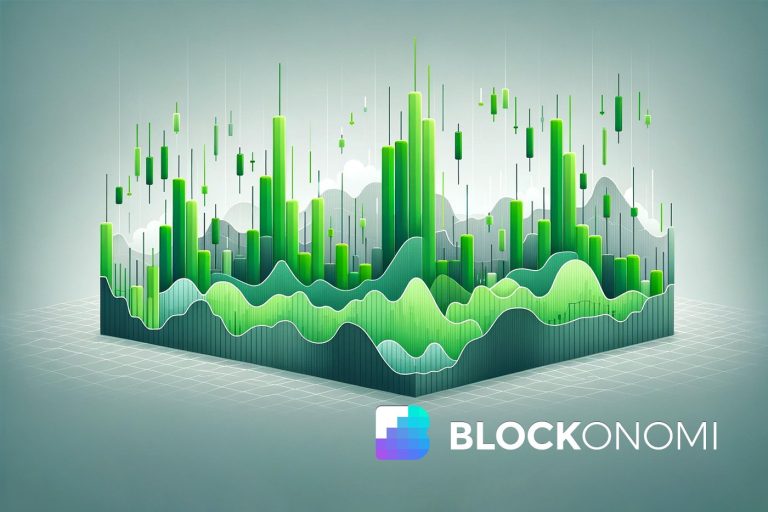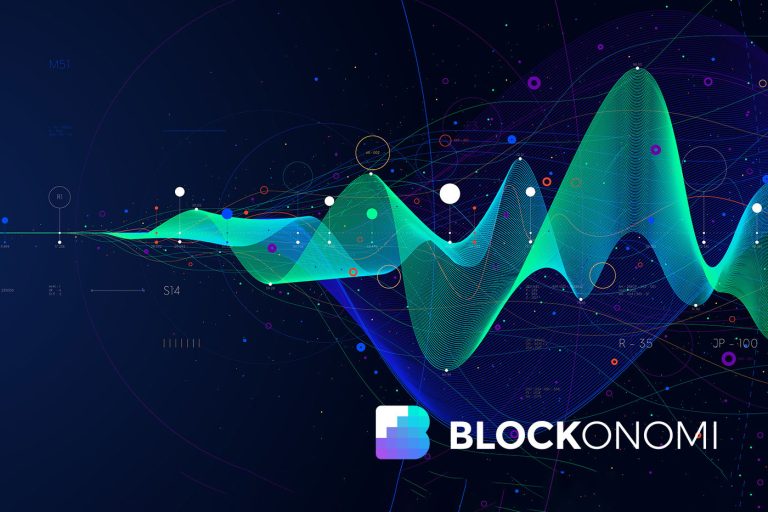
“`html
Introduction
The future of education is an evolving landscape, and as we approach 2025, several trends and technologies are set to reshape how knowledge is imparted and acquired. The integration of technology into educational frameworks has already begun, but in the coming years, we can expect significant advancements that will redefine learning experiences for students worldwide. For more insights on future trends, check out our article on The Evolution of E-commerce by 2025.
Technological Advancements
In 2025, technology will play a pivotal role in education. Virtual reality (VR) and augmented reality (AR) will become commonplace, providing immersive learning experiences that allow students to explore complex subjects beyond traditional textbooks. For instance, history lessons could transform into virtual tours of ancient civilizations, making learning more engaging and effective.
Moreover, artificial intelligence (AI) will facilitate personalized learning by analyzing individual student performance and adapting curricula to meet their unique needs. This approach not only enhances understanding but also boosts student motivation and engagement. As we explore these advancements, we can also consider the impact of Sustainable Living: Emerging Trends for 2025.
Personalized Learning Approaches
As we move towards 2025, personalized learning will shift from a novel concept to a standard practice in educational institutions. Tailored learning experiences will address the diverse needs of students, accommodating different learning styles and paces. Educational platforms will utilize data analytics to create customized learning paths, ensuring that every student can achieve their potential.
This shift will also empower educators to focus on mentorship rather than traditional teaching methods, fostering a more supportive learning environment. For more on personalized experiences, you might find interest in Celestial Delicate Shimmer: The Essence of Ethereal Beauty.
Global Connectivity and Collaborative Learning
The future of education will also see an increase in global connectivity, enabling students from different parts of the world to collaborate on projects and share knowledge. Online platforms will facilitate cross-border exchanges, allowing students to interact with peers from various cultures and backgrounds.
This collaborative approach will not only enhance learning but also prepare students for a globalized workforce where teamwork and cultural competence are crucial.
Conclusion
In conclusion, the future of education by 2025 promises to be transformative, driven by technological advancements, personalized learning strategies, and global collaboration. As educators, students, and policymakers embrace these changes, we can look forward to a more inclusive, engaging, and effective educational landscape that prepares learners for the challenges of tomorrow.
“`



